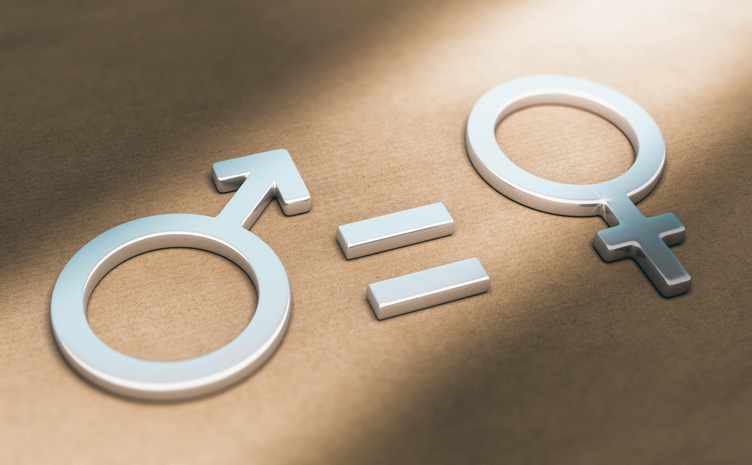Scandinavians enjoy some of the best gender equality in the world. The World Economic Forum’s 2017 Gender Gap Index lists Iceland, Norway, Finland, and Sweden in first, second, third, and fifth spots, with Rwanda taking fourth.
Health, education, economics, and politics in 144 countries were measured in this report, with an overall finding that the global gap widened slightly over the previous year. The global gender gap is currently 32%, though it is less than 20% in those top five countries. Nicaragua, Slovenia, Ireland, New Zealand, and the Philippines round out the top 10.
You can check the ranking of your home country, as well as any countries you might be traveling to, here.
How can differences in gender equality affect your relocation or business travel?
Countries with parity in government, school opportunities, and support for health issues and income tend to comprise a citizenry that reflect the same. A wide disparity in equality between home and host country can mean that more preparation is warranted.
This is important for both men and women, since misjudging the dynamics of interaction can pose problems and lead to miscommunication. Learn the laws and behavioral norms in your destination. Even if you disagree with them, you still need to find ways to advance your business goals in the local environment.
National issues often give rise to widespread awareness, as is happening with the “Me Too” movement in the United States. Current heightened recognition of sexual harassment –initially voiced by victims in the film industry – has permeated the national psyche. And it affects both sexes. Many men in the U.S. have become much more aware of their own words and behaviors, and many women feel more empowered to call out discrimination and harassment.
Even as the World Economic Forum report states the 32% global gap in equality, it points to huge strides made by many countries that have cut their gaps significantly. A total of 60 countries – 42% of those ranked — saw their gaps decrease from 2016.
The point is that this cultural landscape is in flux. Travelers are wise to educate themselves not only on long-held beliefs, but on current affairs that may affect gender interactions.
Culture and traditions also come into play
Some differences in gender behavior are driven by culture. Women traveling to Saudi Arabia should prepare for segregation of the sexes at social gatherings and the requirement for a male escort in other situations. The ban on women driving lifts in June, but until then a woman must have a male relative or chauffeur drive her.
In Brazil, there’s another kind of acclimation, as machismo is prevalent. Foreign women may feel affronted by attention on the street, but learning how to deflect it can mitigate discomfort and help with assimilation.
Written by Ellen Harris, GMS – Product Manager, Content Group


